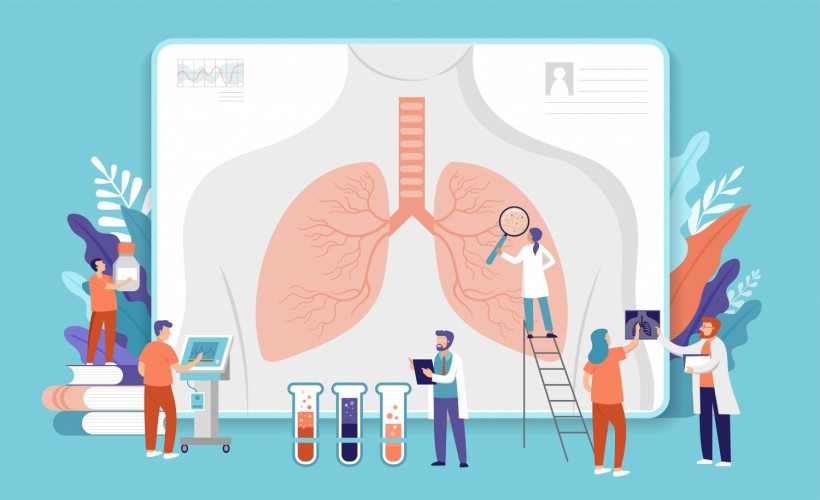
(Photo : 4 Recent Innovations In Clinical Research)
Clinical research involves the study of new medical treatments, devices, and diagnostic tests to determine their safety and effectiveness. It's essential to developing new treatments and improving healthcare for patients.
Innovations in clinical research are critical for advancing healthcare and improving patient outcomes. These innovations can speed up the development of new treatments, make clinical trials more efficient, and enable the use of more personalized and targeted therapies.
Developing Clinical Trial Softwares is one area where innovation is critical. These software programs are designed to streamline clinical trials, from study design and protocol development to data collection and analysis. By staying up to date with the latest research and technologies, healthcare providers can better serve their patients and improve overall patient care.
With that in mind, read on to learn about the recent innovations in clinical research.
1. Electronic Health Records
Electronic health records (EHRs) are computerized databases that store and track patient information, including data about diagnosis, treatment, and visits. EHRs are used in hospitals and clinics to record data on a patient's condition and progress over time, such as their lab results, medications they're taking, allergies they have, and procedures they've undergone.
Since EHRs can provide information quickly and easily, they can save money by reducing the number of follow-up visits required by patients. They also allow patients to receive care more efficiently by enabling doctors to access their records at any point during their appointment and make recommendations based on the data stored in the system.
That's especially important for people with chronic conditions or needing regular care from multiple specialists. However, EHRs don't work well with older devices. That's why some hospitals still prefer to use paper-based records instead of electronic ones for their medical practices until newer technology becomes available that will allow them to store information digitally.

2. Big Data Analytics
Big data analytics is a part of clinical research involving advanced computer systems to analyze large amounts of data.
The term "big data" refers to datasets that are so large that traditional analytical techniques don't scale well or may even fail to produce meaningful results. It has been used for many purposes, including fraud detection and risk assessment, marketing analytics, security monitoring and threat detection, and weather forecasting.
Big data analytics has already been used in clinical research because it helps researchers look at large amounts of data more quickly than ever possible-and allows them to do so in an unprecedented way.
For instance, researchers can use big data analytics to analyze patient records from various sources, including electronic medical records or lab results, which allow researchers to see patterns they wouldn't have discovered otherwise.
In addition, big data analytics in healthcare can help improve treatment options for patients with chronic diseases like diabetes and heart disease. Researchers may look into how medications interact with one another to improve their efficacy or reduce side effects for patients.
3. Personalized Medicine
Personalized medicine refers to a medical approach aiming to tailor treatments and interventions to each patient's needs. In clinical research, it means that researchers are looking for treatments that are customized for the patient's genetic makeup. They can do it through genomic sequencing or by analyzing other biological factors like the patient's microbiome.
One example of personalized medicine in clinical research is genomic sequencing. It allows researchers to learn more about their patients' genomes, which can help them determine what types of treatments might work best for each individual. If a particular gene variant is found more often in one group than another, it might be possible to tailor treatment options accordingly.
Microbiome analysis can also reveal how people respond to various medications based on their specific gut bacteria composition. It could lead to better treatments or preventative measures by helping patients understand which foods to avoid while taking drugs such as antibiotics.
Another potential benefit of personalized medicine is its ability to identify biomarkers that could be used as early warning signs before severe complications occur-which could lead to better prevention efforts or effective treatments sooner rather than later.
4. Telemedicine
Telemedicine is the use of telecommunications to provide medical care. Healthcare providers can use it to diagnose, monitor, and treat disease. It's a growing field within clinical research in which patients and clinicians communicate remotely via video or audio.
In recent years, telemedicine has improved health outcomes for patients suffering from various diseases and injuries, including stroke, cancer, and cardiac disease.
Some of the most common uses of telemedicine include remote monitoring like continuous blood pressure measurement, remote patient-provider encounters like digital record keeping, and remote physician consultations like virtual office visits.
Conclusion
Looking forward, it's undeniable that clinical research innovations will continue to be a significant driving force in improving healthcare. With the constant advancements in technology and increasing amounts of data, the medical field will continue to evolve and develop new ways to improve patient outcomes.
* This is a contributed article and this content does not necessarily represent the views of hngn.com








